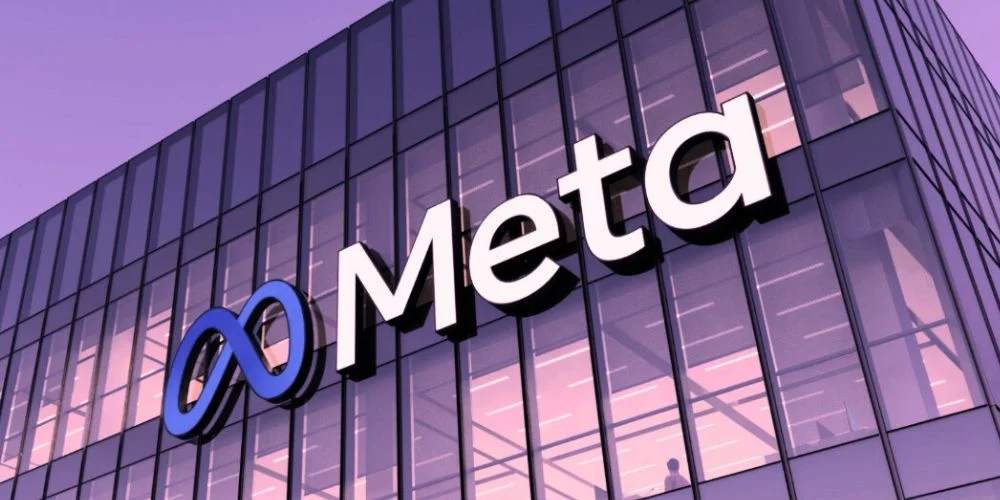Meta Platforms, the company behind Facebook, is pouring huge sums into artificial intelligence. This spending makes some investors nervous, reminding them of the massive metaverse outlays that hurt the stock just a few years ago.
Last week, Meta reported strong financial results, but Wall Street focused on the company’s capital expenditures. Meta plans to spend up to $72 billion this year, and “notably larger” amounts in 2026. CEO Mark Zuckerberg defended the spending, calling it “the right strategy to aggressively front-load building capacity” for its Superintelligence Labs.
Despite Zuckerberg’s words, Meta’s shares just had their worst four-day run since November 2022, falling almost 17% and wiping out $307 billion in market value. The 2022 selloff also happened because investors questioned Meta’s spending, sending the stock down 77% from its 2021 peak.
Tiffany Wade, a senior portfolio manager at Columbia Threadneedle Investments, stated, “This feels like a return to Meta’s old days of overspending on frivolous things… Investors are losing patience.”
Until recently, AI spending was seen as positive, showing companies were competitive. Zuckerberg has highlighted how AI improves ad targeting. However, as costs rise, investors want more concrete evidence of real returns.
Wade sees parallels between AI spending and the metaverse, calling both “long-dated projects that don’t have an immediate payback and where the ultimate return is unclear.” Oppenheimer analyst Jason Helfstein downgraded Meta’s stock, noting the “significant investment in Superintelligence despite unknown revenue opportunity mirrors 2021/2022 metaverse spending.”
Unlike Microsoft, which has its Azure cloud business benefiting from AI, Meta lacks such an enterprise-focused division. Stefan Slowinski of BNP Paribas highlighted Meta’s “lack of diversification in the business model,” calling the metaverse a “strategic error.”
Meta’s return on invested capital dropped to 25% in the third quarter, a notable fall from the previous quarter’s record of nearly 32%. Slowinski believes Meta will need more advertising revenue to monetize these “hundreds of billions of capex,” which “will take time.”
Despite these concerns, Meta’s future has bright spots. Revenue is expected to grow 21% this year and remain strong through 2028. Also, the stock trades at 19 times estimated earnings, making it the cheapest among the “Magnificent Seven” tech giants and even below the S&P 500 average.
David Katz, chief investment officer at Matrix Asset Advisors, finds the stock drop “baffling” and sees a buying opportunity. He believes “AI has a much clearer roadmap to leveraging AI for market advantages and better profitability,” and that the similarities to the metaverse mostly stop at the large amount of money being spent.













